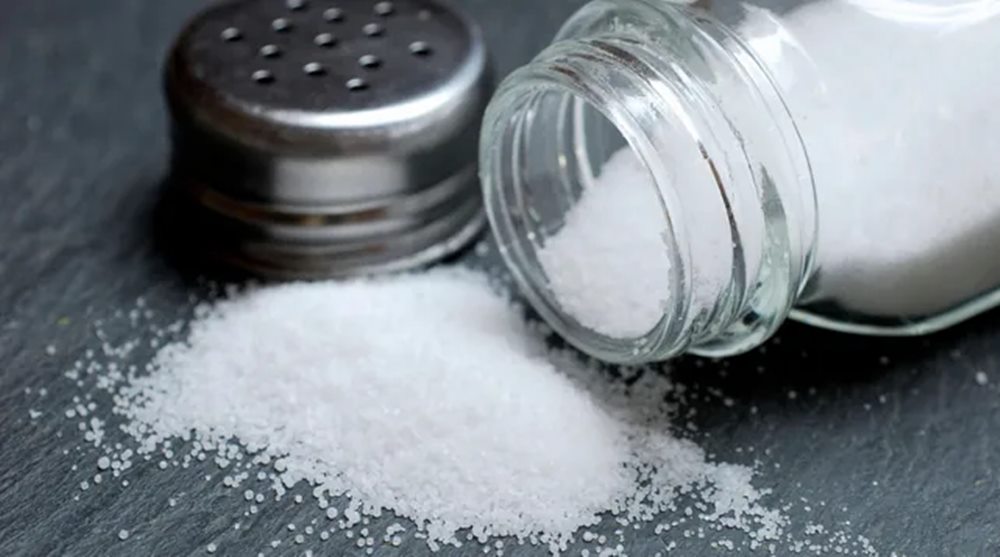Salt is apparently bad for the intestines
Salt has a bad reputation. Rightly so! In certain people (so-called salt sensitive people) it can increase blood pressure and damage the intestines.

The Max Delbrück Center for Molecular Medicine has discovered how harmful salt really is for the intestines and immune system.
Salt damages the intestinal flora
Berlin researchers have found that table salt reduces the number of certain lactic acid bacteria in the intestine. But these bacteria are very important. The scientists from the Berlin Experimental and Clinical Research Center (ECRC) and the Berlin Institute for Health Research (BIH), both joint institutions of the Max Delbrück Center for Molecular Medicine (MDC) and the Charité – Universitätsmedizin Berlin, published their study results in the journal Nature . “Nobody has yet investigated how salt affects the bacteria in the intestine,” says study leader Prof. Dominik Müller.
Info: The intestines play an important role in our health. The entirety of all intestinal bacteria is called the intestinal flora, or microbiome. The bacteria not only keep digestion going, but also prevent pathogenic germs from settling in the intestines, produce important vitamins and stimulate the immune system. After all, around 80 percent of all immune cells in the body live in the intestinal mucosa.
Salt has various negative effects on the body
It is already known that table salt consumed through food can trigger and increase high blood pressure. Salt can also worsen the course of the autoimmune disease multiple sclerosis (MS). The team of scientists has now shown in experiments with mice that excess salt reduces the number of lactic acid bacteria (lactobacilli) in the intestine. In the rodents, blood pressure also increased and the number of certain immune cells – the Th17 helper cells – increased. It is already known that these cells are linked to high blood pressure and autoimmune diseases such as MS.
Probiotic bacteria mitigated the effect of the salt
When the mice were fed probiotic lactobacilli in addition to the salt, the number of Th17 helper cells decreased again and blood pressure also fell.
The researchers were able to determine that the intestinal flora plays an important role in the processing of salt and what effects this has on the organism. First author of the study Dr. Nicola Wilck said: “Intestinal bacteria influence the host organism (meaning the intestine in other words), and the immune system is very active in the intestine.” This means: Our diet changes the bacteria in the intestines. This is already known. However, the fact that salt also has an influence on our intestinal bacteria is new. And the bacteria in turn influence our immune system.

